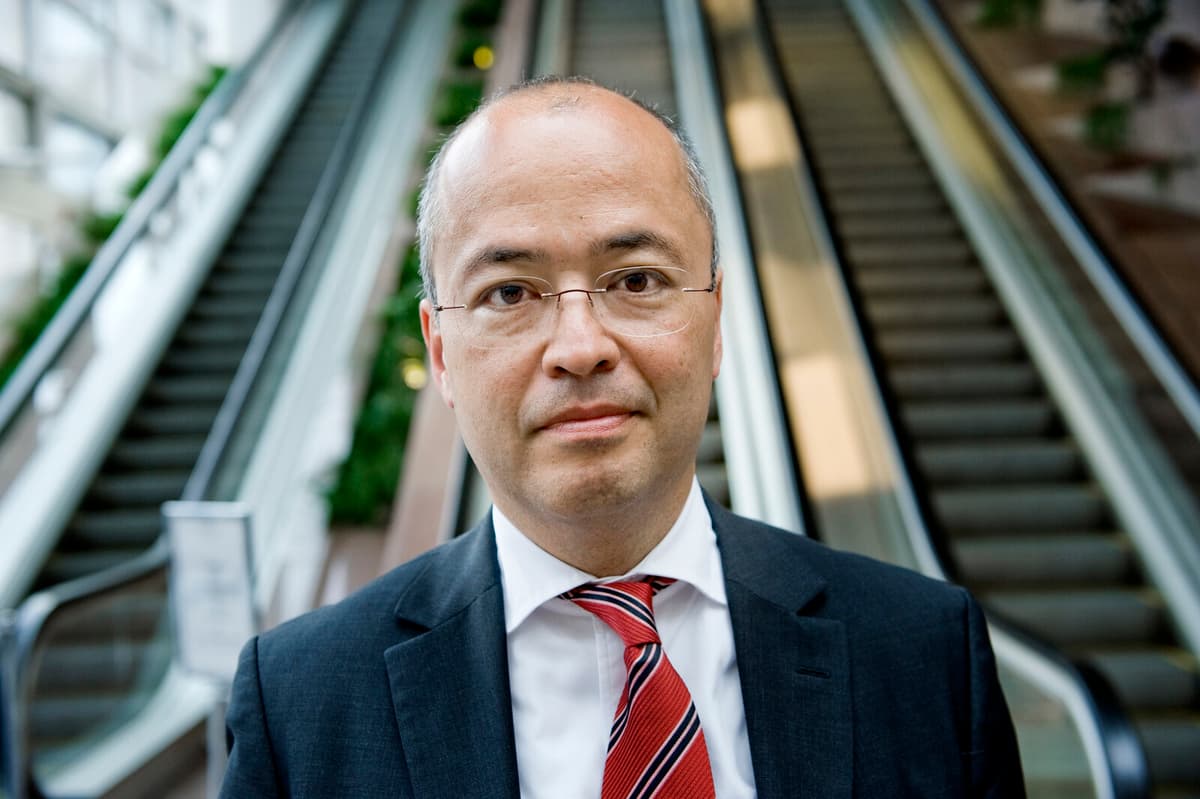The superpower China is one of the countries that is hardest hit by the American President Donald Trump's trade tariffs.
It's Trump's trade war with the whole world. China, just like other countries, chooses to respond, says Cho, who is vice chairman of the Sweden-China Trade Council.
China joined the WTO in 2001. They want to appear as a guarantor of the WTO and that trade should take place according to the organization's rules and norms – just like EU countries want.
"Encapsulates USA"
The USA, on the other hand, is reversing under Trump's leadership and encapsulating itself. Cho compares it to European trade policy – in the 17th century.
It reminds of the French King Louis XIV's mercantilist and autarkic economy, says Cho with some sarcasm, referring to the dream of being "self-sufficient" and that a nation should be completely self-sufficient.
It didn't go particularly well in France or in the communist and fascist countries that tried such attempts in the 20th century.
The problem seems to be that President Trump is obsessed with manufacturing in the USA, despite there being an explanation for why all production is not carried out in the same place and in the same country when production has been globalized, says Cho.
Washington accuses Beijing of manipulating exports from China for its own gain. There may be some basis for the accusations, such as state subsidies, manipulation of its own currency, and breaches of intellectual property rights.
Follows rules
Cho, however, sees a phasing out of state subsidies in China – mainly for economic reasons – and that the country has improved when it comes to intellectual property rights.
The EU and China want to operate under the WTO's umbrella, unlike the USA, he says, pointing out that the Trump administration has already left several important multilateral organizations and agreements.
The American ideology is difficult to understand and creates a quagmire of uncertainty. Communist China, on the other hand, is relatively consistent and pragmatic:
The Chinese are pragmatic and transactional, it's not so much about ideology when it comes to trade, says Frédéric Cho.






